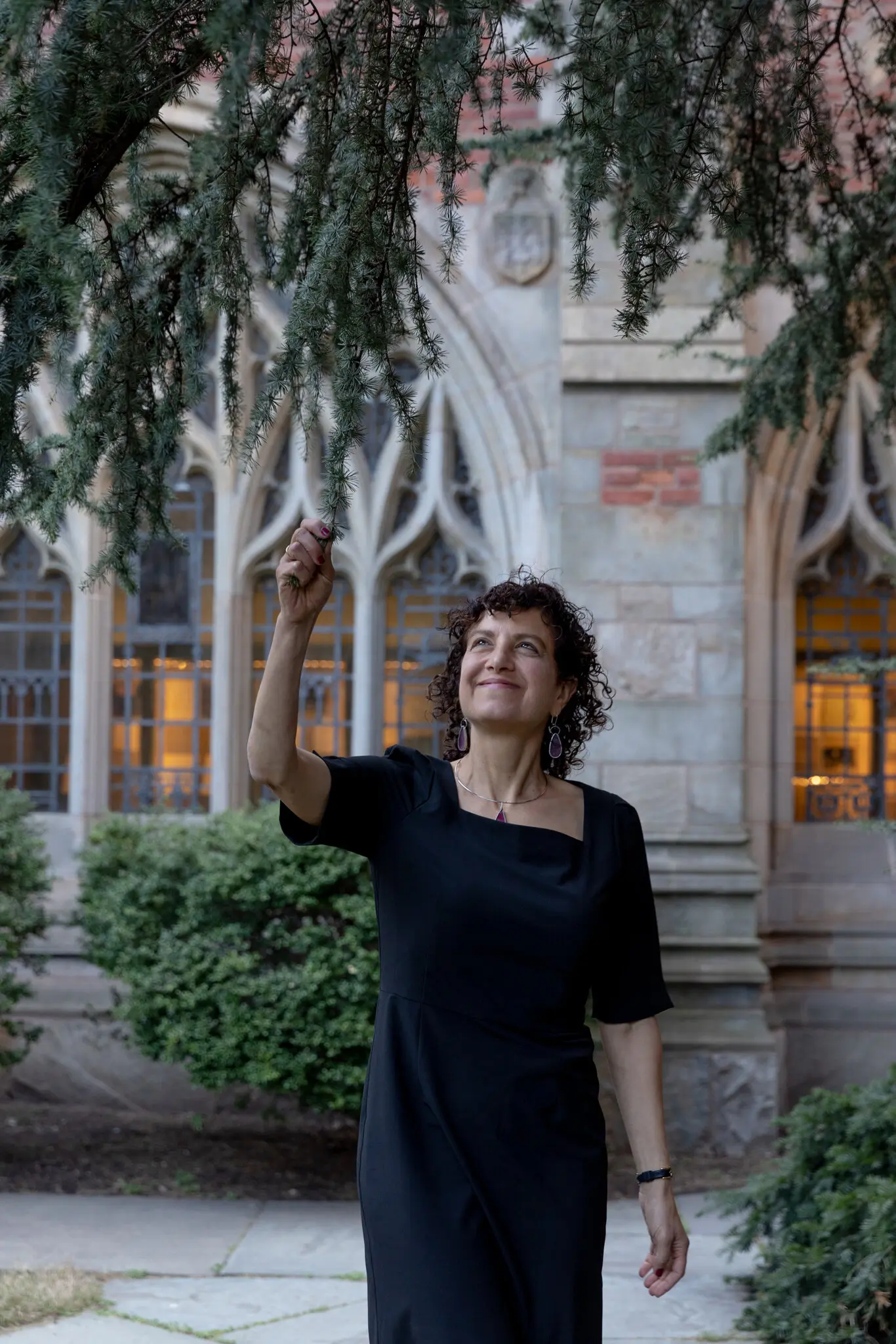Yale University health and psychology professor Becca Levy says yes. And she has the research to back her up.
She argues in her book Breaking the Age Code that from early childhood we unconsciously absorb layer upon layer of negative messaging about age and older people from our environment.
It starts with fairy tales and other stories, cartoons, TV and movies.
Then we see the way age is portrayed in advertising — anti-ageing, fighting wrinkles, and so on.
We hear jokes and comments about older people. They’re weak, forgetful, asexual, can’t use tech, bad drivers, a burden on society.
The layers build until we reach the age where they’re relevant to us. Such that when a 25-year-old makes a mistake or can’t find the car keys it’s not a big deal. But when those things happen to a 65- or 75-year-old, they wonder if it’s a sign of decline.
Negative messaging is reinforced in our healthcare system. We know that doctors often collapse illness and ageing, and that younger people are given surgical options that aren’t offered to older patients.
It’s a different story in cultures where older people are looked up to. Levy (see photo) argues that in China, when people are asked what words or phrases first come to mind to describe an old person, they most often say ‘wisdom’. In the US they say ‘memory loss’.
Her research has shown that beliefs about age drive how well people recall information, how quickly they walk around the block, and even how long they live (those with positive beliefs live an average 7.5 years longer).
When it comes to Alzheimer’s, about 15 percent of people have a genetic predisposition towards the disease, but only half that number develop it.
Levy’s work found that people with a positive view of ageing were 47 percent less likely to get it than people with a negative view. Those with a negative view were more at risk of acquiring the brain plaques and tangles of the condition.
Alzheimer’s doesn’t affect every culture equally. For example, it’s five times more prevalent in the US than in India. While it’s been suggested that the difference might be diet, she thinks it’s about how people relate to age.
In India older people are treated with respect and sought out for advice on everything from finances to family conflicts.
Okay, but if we’ve been sucking up this negative messaging since we were in nappies, what can we do about it?
Levy says the key is becoming more aware of our own age beliefs and the beliefs around us, and challenging the negativity.
What might that look like? Here are some suggestions.
Increasing awareness of our own age beliefs
One clue to our own views is what we think when we see our face or body in the mirror.
We can also ask ourselves ‘What are my expectations of myself as I age?’ We can notice the language we use around ourselves and age.
Levy points out that although we assume that getting older means physical and mental decline, it’s hard to separate chicken and egg — our negative age beliefs increase the likelihood of decline, and decline increases our negative age beliefs.
Increasing awareness of the beliefs within our environment
Amongst our family and friends, healthcare providers, or in advertising, for example.
There are huge profits to be made by convincing us that we’re losing our attractiveness, our capacity or our marbles.
In 2016 US brain training game company Luminosity was fined millions for preying on older people’s fears with false statements.
Challenging negative age beliefs
Once we’ve identified ageist language or behaviour, we can point it out. Because people are blind to it. Of all society’s prejudices, ageism is the one that flies under the radar.
In addition, we can remind ourselves that older artists, composers, architects and academics have produced some of the greatest work in history.
And we can create a portfolio of positive older role models — identifying people we admire or qualities they reflect that we’d like to take on.
The idea that our thinking influences our health, including the state of our brain, would once have been dismissed. Not any more.
As a society we need to become vastly more aware of the impact of negativity around ageing. But that can also start with each of us.
Photo Source: New York Times

